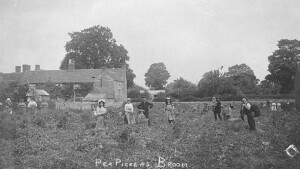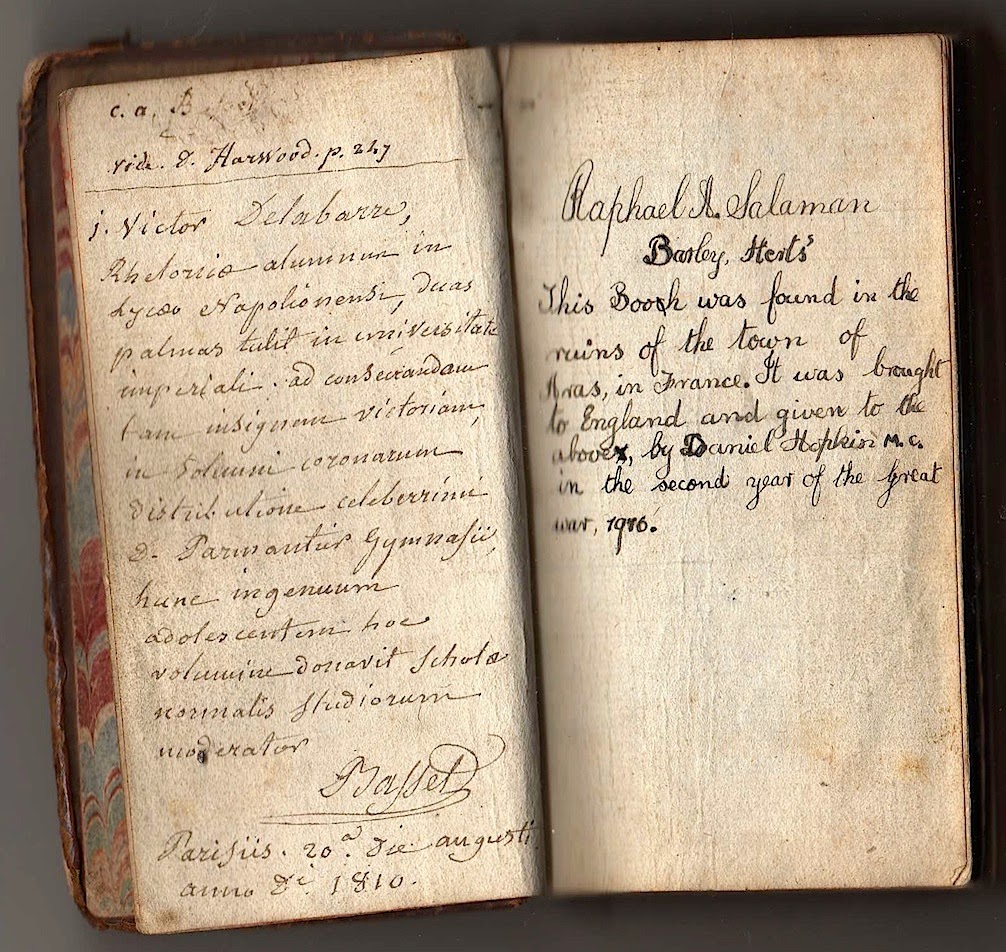Found at Jot HQ a little volume of rural sketches by Herbert W. Tompkins, a specialist in topographical writing who flourished in the late nineteenth and early twentieth century. His home ground was Middlesex and Hertfordshire and his best known book is arguably Highways
and Byways in Hertfordshire(1902), which was illustrated by the visionary etcher F .L. Griggs, who hailed from Hitchin.

By the time The Complete Idler appeared in 1905 Tompkins was living in Southend – on- Sea, but among the bucolic sketches in this collection there is nothing on Essex. Instead the author focused on places in his home territory with the odd venture out into Hampshire and Warwickshire. It was the latter that inspired one of the more enlightening cameos in the book—‘Warwickshire Pea Pickers’.
To say that Tompkins was inspired by the tradition of pea-picking in or around Clifford Chambers, near Stratford-in-Avon, is not quite true. Impressed by an account of this activity by the well-known American dramatic critic and leading light of the Pfaff Bohemians, William Winter, that had appeared in the pages of Harper’s Magazinearound 1870, Tompkins decided to investigate himself with a friend who owned a crop of peas. Looking back at this visit Tompkins admits that Winter’s account ‘might have been penned yesterday ‘. Here is Tompkins:
‘Our adventures began when we crossed the railroad at the swing gates and found our trap promptly surrounded by a dozen hungry-looking, half-clad wayfarers, as destitute in their appearance as those hunger-bitten peasants seen in sunny France by Arthur Young. They were pea-pickers—men, women, and children—and were eager to learn from my friend, who had bought the standing crop thereabouts, when and where they should next go picking. They were worthy of study.
Continue reading


